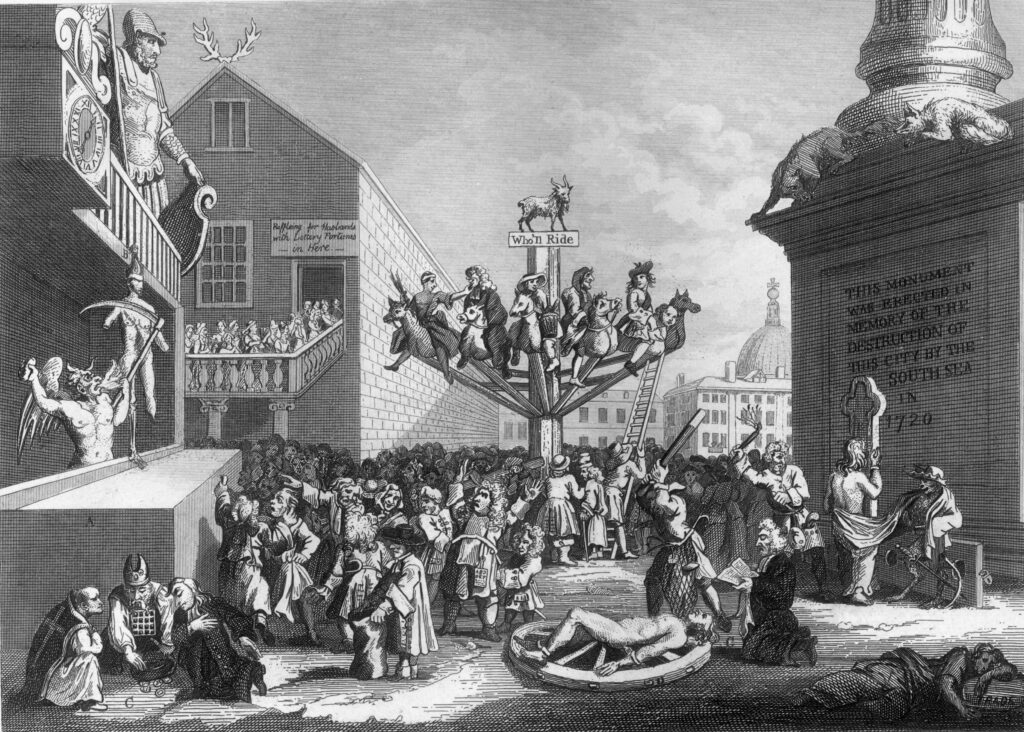
At the height of the South Sea Bubble, an investment prospectus seeking to exploit the febrile market of 1720 is supposed to have described “A company for carrying on an undertaking of great advantage, but nobody to know what it is.”
This story is generally described as apocryphal. It would indeed be unbelievable but for the appetite last year for investors to pour money into Special Purpose Acquisition Companies, or Spacs, shell companies that raise money from investors through a listing on a promise of merging with an unidentified private company[1]. Apparently, nearly half of the $230 billion raised globally in new listings have gone to Spacs. In the words attributed to PT Barnum “there’s a sucker born every minute.”[2]
There is no reliable record of whether the “company for carrying on an undertaking of great advantage” ever existed, let alone what became of the funds committed by investors if there ever were any. But the fortunes of the Spacs and their investors is better documented, and an analysis has been published by the FT today. 425 of these “blank cheque companies” have listed since the beginning of 2020. The shares in two thirds are trading at below the $10 listing price, implying that they are worth less than the cash that was invested. Only 41 of these companies have completed transactions, and on average their shares are 39% below their peak valuation, despite a rally in the US stock market overall. Only 3 are within 5% of their peak, 18 are more than 50% below their peak, and 8 are below the $10 valuation when they first raised cash.
Perhaps “purpose” and a credible plan is worth something after all? It is moot whether a speculative investment not underpinned by a credible plan and purpose is better than a pig in a poke but, if so, it is not by very much.
An FT reader (pen name: Warthog Under The Bridge) who has commented on today’s FT report observes: “As a rough guide, the only way to make money with SPACs is to be a SPAC manager. Buyer beware, the guys running the shows are doing very well at your expense.” There may some SPAC managers making out like bandits, and there may be some advisers and professional firms raking in fees. But there may be some whose own money is at risk or whose advisers were taking fees on a risk basis. But Warthog Under The Bridge is probably right to claim that there is no other way to make money from a SPAC. Nonetheless, those who have spent the past year on these ventures would have created more value for themselves and society doing something else!
The same probably applied in 1720. But as there is no record of that the “company for carrying on an undertaking of great advantage” ever existed, we also don’t know whether its promoters, their lawyers, or even the printers of the prospectus made money either.
[1] FT 2nd May 2021
[2] Also apocryphal, but none the worse for that!